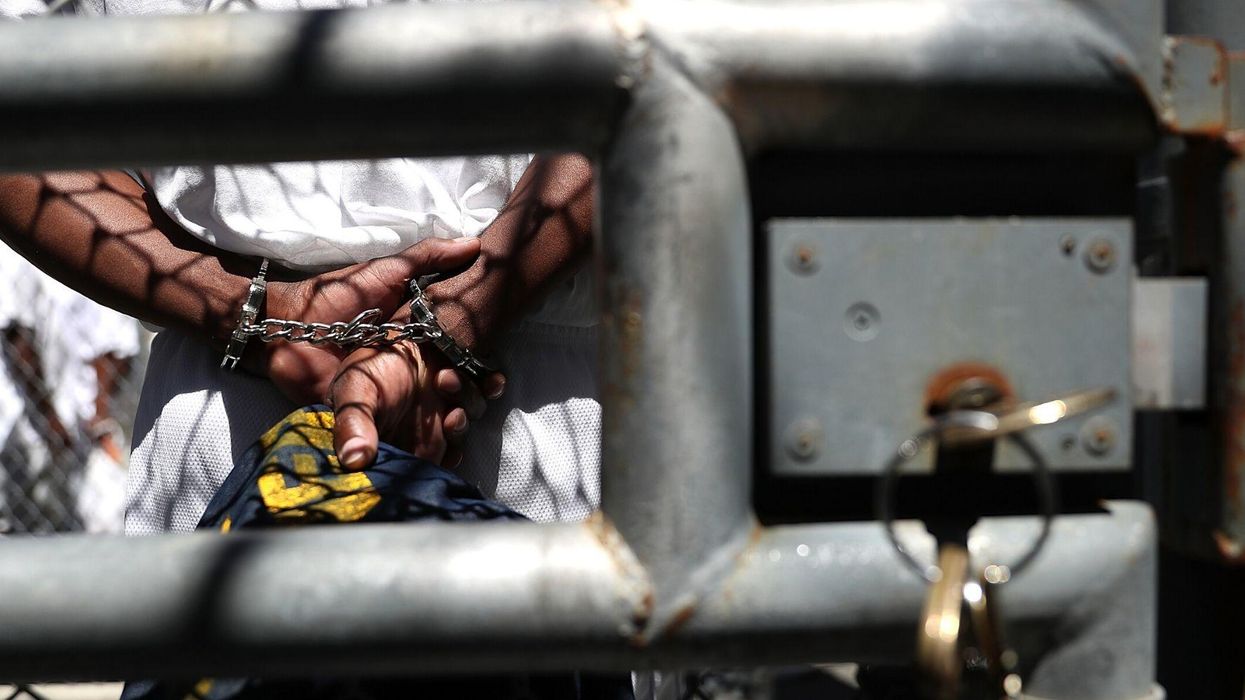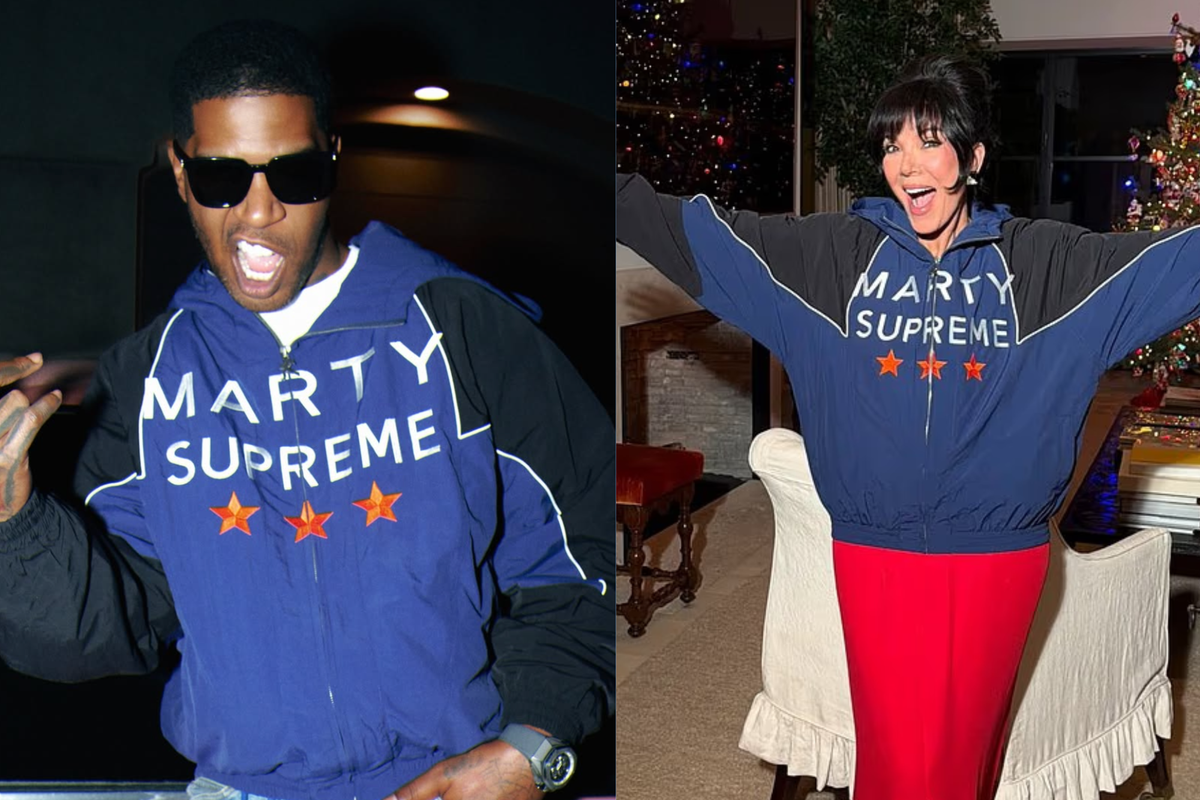News
Sirena Bergman
Mar 26, 2020

Getty
The US deputy attorney general has this week released a memo following the Department of Justice seeking emergency powers in the wake of the coronavirus pandemic.
If approved, they would allow judges to detain people indefinitely without a trial, according to Politico.
But it's the information quietly released in the memo which is even more shocking, as it implies that people could be prosecuted for transmitting coronavirus.
In relation to the "purposeful exposure and infection of others with COVID-19", it states:
Because coronavirus appears to meet the statutory definition of a ‘biological agent’ … such acts potentially could implicate the Nation’s terrorism-related statutes.
It also states that other coronavirus-related acts could be subject to criminal prosecution, such as “fraudulent offers to sell respirator masks with no intent of delivery,” “sales of fake testing kits,” and “prescription drug schemes”. The government is already cracking down on price gauging, which is when people inflate the prices of high-demand essential goods at a time of crisis (such as hand sanitiser or face masks).
It's unclear how the criminal justice system would define "purposeful exposure", and whether someone would have to know they were infected for this to apply. Currently the US is not testing all its citizens, and advice on who can get tested and when is unclear.
Vice President Pence initially discouraged Americans from getting tested unless they showed symptoms, but people who are experiencing symptoms have also reportedly been unable to access testing. Meanwhile Trump said the testing is going "very well" and claimed earlier this month that: "Anybody that wants a test can get a test." However, the current supply of testing is limited, as is the equipment and protective gear required to administer the test. According to the CDC, it's individual healthcare providers who determine who gets tested and who doesn't.
The implication of "purposeful exposure" would suggest people would need to know they were spreading the Covid-19 virus, but it could be assumed that someone experiencing the most common symptoms has a responsibility to avoid contact with others even if they have not had a definitive diagnosis.
While this is all somewhat hypothetical at the moment, earlier this week saw a New Jersey man charged with "making terroristic threats, harassment, and obstruction of justice" after he coughed in a supermarket worker's face and claimed he had the virus. The state attorney general said such behaviour is a “criminal offence that uses the coronavirus to generate panic or discord.”
This is not the first law of its kind. Many US states criminalise the intentional infection of diseases including tuberculosis, hepatitis C and – most famously – HIV. Many people argue that such laws further stigmatise people living with the conditions, and make them more vulnerable to being subject to marginalisation.
With coronavirus already leading to a rise in cases of racism against people of Asian descent (stoked by the president himself who cannot stop calling it the "Chinese virus" no matter how many times he's told that's a racist and inaccurate statement), the implementation of such laws could have worrying social consequences.
Top 100
The Conversation (0)













